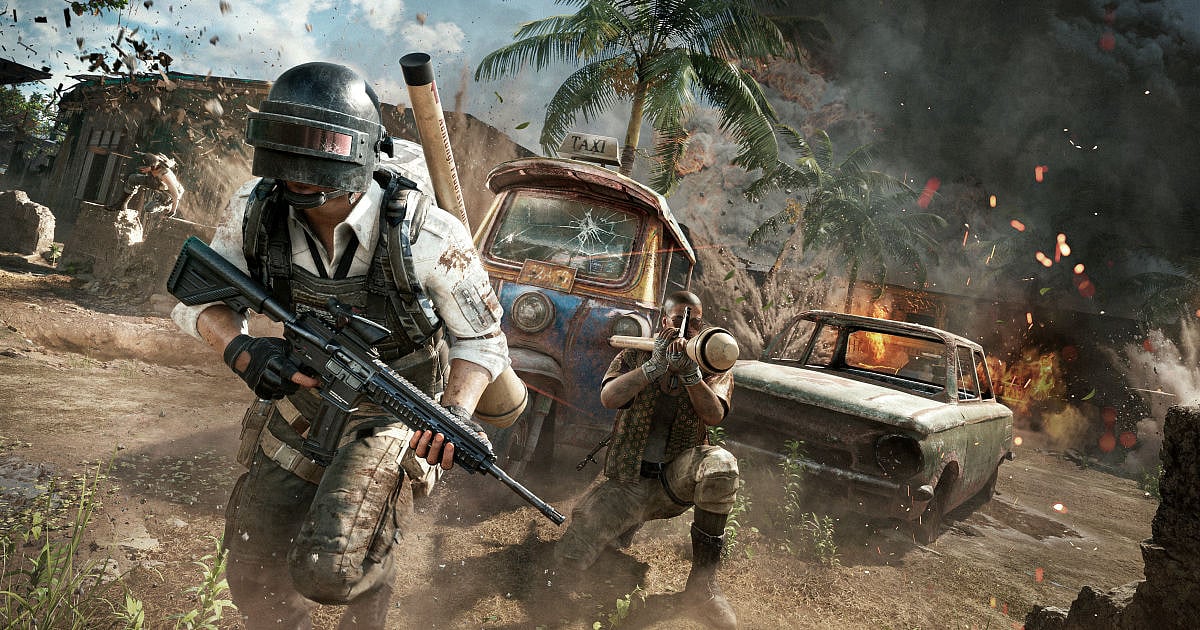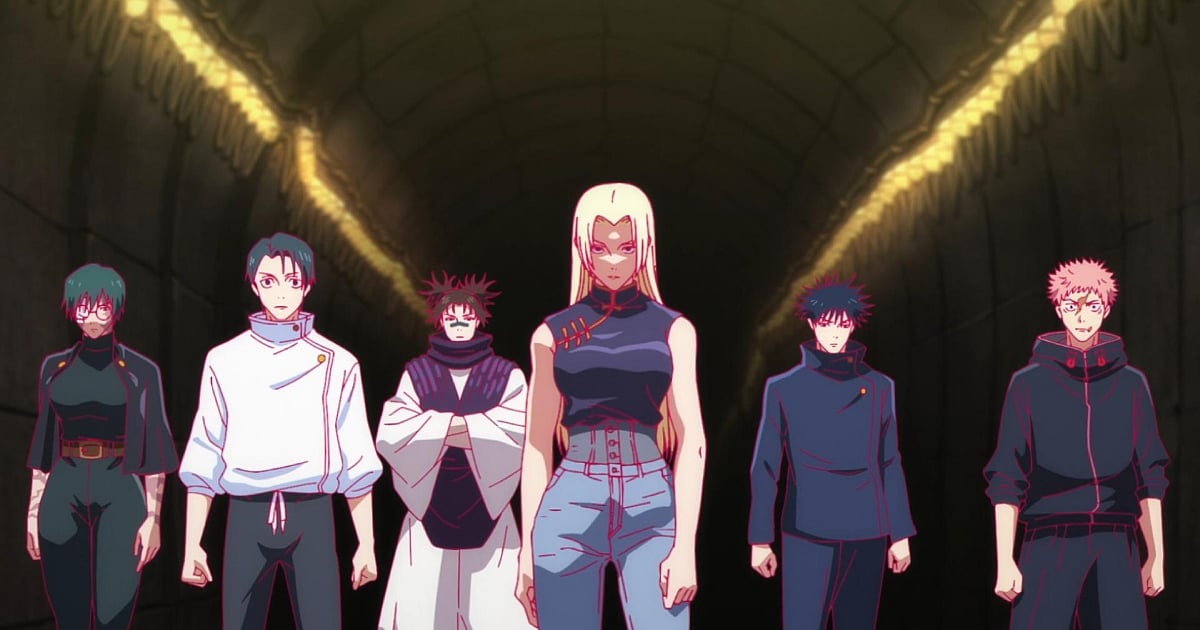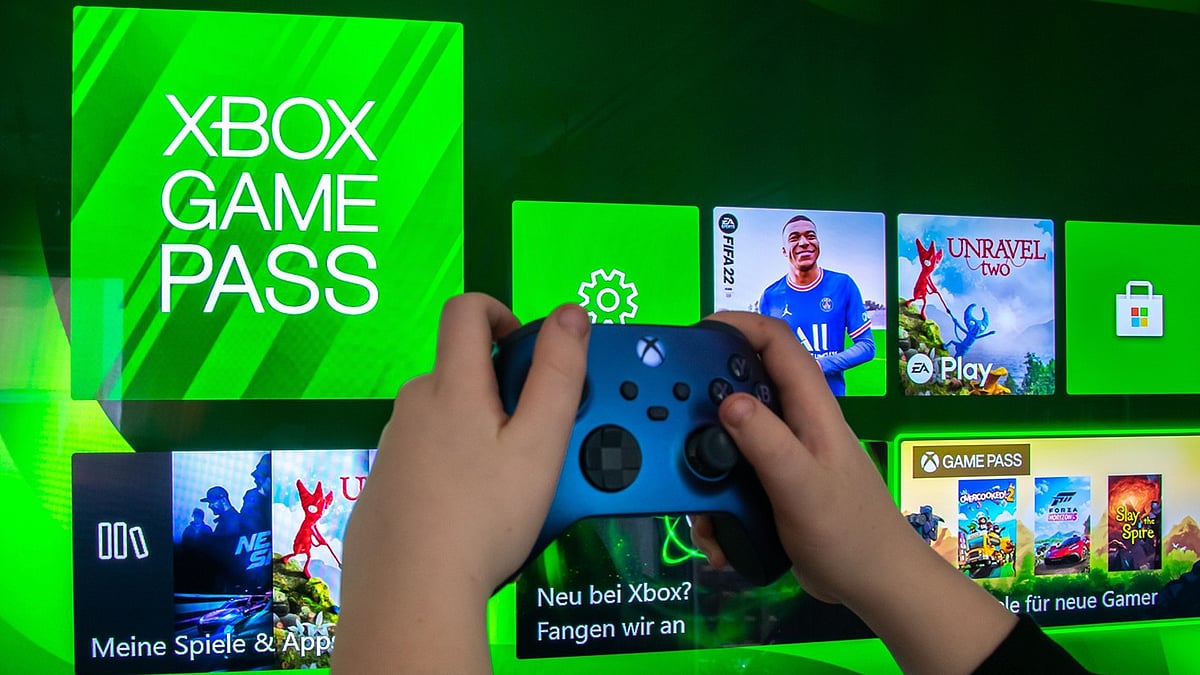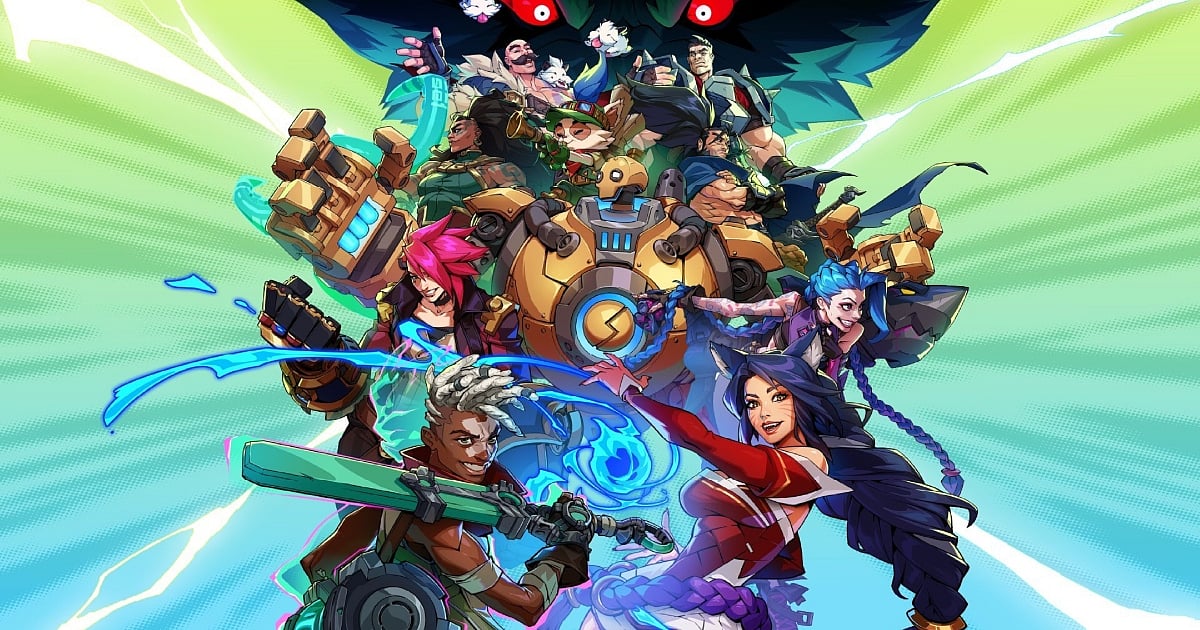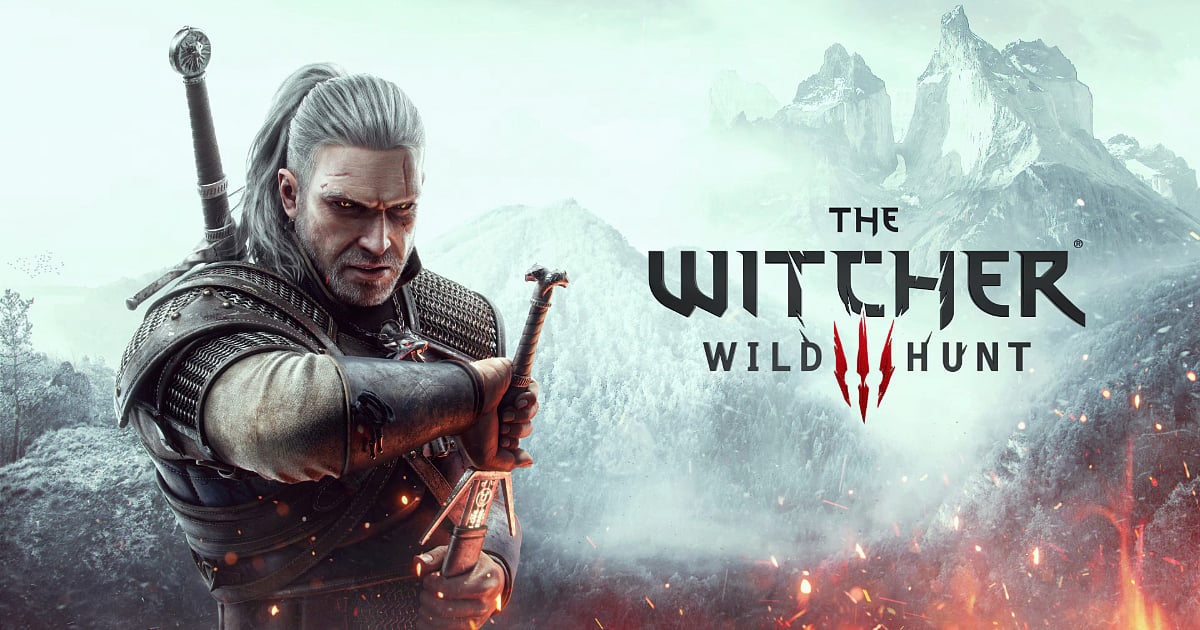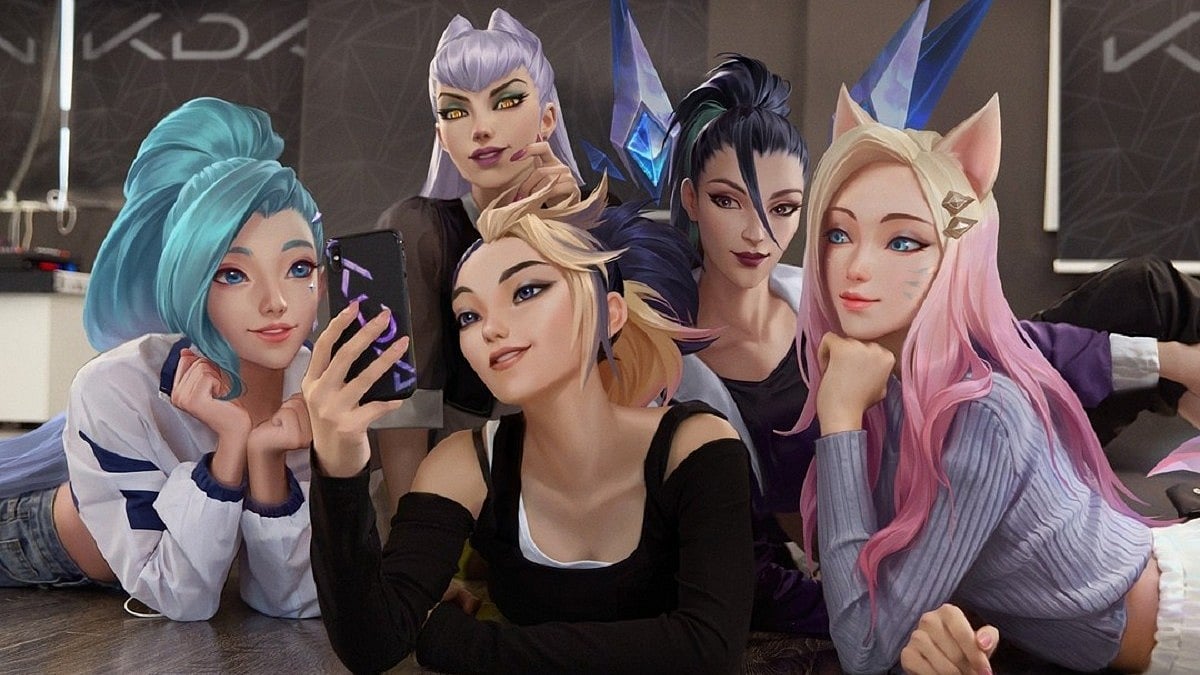
K/DA League of Legends
When K-pop Meets Gaming: The Promise and Peril
Highlights
- While K-pop and gaming share digital-native audiences, most collaborations struggle to engage both communities for more than initial launch spikes.
- Evidence suggests that shallow brand tie-ins rarely achieve lasting impact, and meaningful crossovers succeed only when integrated into deep, interactive narratives.
- The future of K-pop within gaming depends on authentic co-creation and experimentation, and not just marketing deals or repackaged content amid continued skepticism from both industries.
Few partnerships seem as natural as K-pop and gaming. Both industries command legions of young, digitally native fans who live their lives online, spend money on virtual goods, and form intensely loyal communities around shared obsessions. With K-pop's global fanbase now exceeding 200 million and gaming revenues reaching into the hundreds of billions, the math seems simple: combine the two, and profit.
But as with most things that appear too good to be true, the reality is far messier. The appeal is undeniable. K-pop thrives on spectacle, narrative, and parasocial relationships, the same ingredients that make the most successful games addictive. When Blackpink held a virtual concert in PUBG: MOBILE or when TWICE performed in Roblox, millions tuned in, suggesting genuine appetite for these hybrid experiences.
Yet dig beneath the surface, and a more complex picture emerges. Apps like BTS World and Rhythm Hive, despite launching with considerable fanfare, have struggled to maintain engagement beyond their initial novelty. The collaboration between Cookie Run: Kingdom and BTS delivered elaborate in-game content that ultimately proved forgettable once the promotional event ended. The pattern repeats: superfans drive impressive launch metrics, but broader gaming audiences remain largely unmoved, and retention rates plummet once the initial excitement fades.
The Authenticity Problem
The fundamental tension lies in the incompatible nature of what makes each medium compelling. K-pop's business model is built on cultivating deep emotional connections: fans don't just consume content, they participate in an elaborate ecosystem of support, from streaming parties to album purchases to concert attendance. The value comes from exclusivity, from feeling chosen.
Gaming operates on different principles: skill mastery, competitive achievement, and player agency. When K-pop collaborations amount to little more than cosmetic skins or branded interfaces, both communities can sense the cynical calculation behind the partnership. The backlash is swift and merciless. "It feels like they're just trying to milk our wallets," complained one fan on Reddit after a particularly shallow tie-in. The sentiment echoes across both communities whenever authenticity gives way to obvious cash grabs.
Highlights
When It Actually Works
This isn't to say all crossovers are doomed. South Korean gaming giant Netmarble's creation of MAVE, a virtual K-pop group consisting of four hyperrealistic AI members, represents a different approach entirely. Their first single, “Pandora,” launched in February 2023 and amassed nearly 12 million YouTube views and over 840 million monthly listeners on Spotify within a month, suggesting that audiences are hungry for genuine innovation at the intersection of these mediums.
Similarly, League of Legends' virtual group K/DA succeeded precisely because it didn't feel like a marketing stunt. The music, character design, and game mechanics were seamlessly integrated from conception, creating something that felt native to both worlds rather than imposed from outside. The most telling comparison might be Netflix's "K-pop Demon Hunters," which managed to push its fictional group to actual chart-topping status through a sophisticated blend of music, storytelling, and spectacle that respected both mediums' strengths.
The key difference in these success stories? These projects treated both the gaming experience and the fan experience as equally important, rather than subordinating one to the other.
The Long Game
The success stories point toward a clear path forward, but getting there requires confronting a fundamental problem: K-pop and gaming create value in completely different ways.
K-pop thrives on scarcity and physical collectibles. Fans will pay premium prices for limited-edition albums, exclusive concert tickets, and rare merchandise because the value comes from ownership and exclusivity. Gaming monetizes digital goods through different logic entirely. When companies try to sell virtual K-pop collectibles using the same scarcity model, they often hit a wall of perceived worthlessness, especially outside the hardcore fanbase.
The future likely belongs to projects that embed K-pop's core strengths directly into gameplay from the ground up. Instead of cosmetic reskins, imagine narrative campaigns where players shape their favorite group's story arc, or community events that blur the line between consumption and creation. Small, shallow collaborations may drive short-term buzz, but they rarely create lasting value for either side.
Both industries remain caught between quick cross-promotion wins and the harder work of genuine innovation. The evolution will require patience, creativity, and above all, resistance to chasing viral moments in favor of building something authentically new. In an attention economy where the next trend is always one scroll away, that might be the most challenging game of all.

Author
Abhimannu Das is a web journalist at Outlook India with a focus on Indian pop culture, gaming, and esports. He has over 10 years of journalistic experience and over 3,500 articles that include industry deep dives, interviews, and SEO content. He has worked on a myriad of games and their ecosystems, including Valorant, Overwatch, and Apex Legends.
Abhimannu Das is a web journalist at Outlook India with a focus on Indian pop culture, gaming, and esports. He has over 10 years of journalistic experience and over 3,500 articles that include industry deep dives, interviews, and SEO content. He has worked on a myriad of games and their ecosystems, including Valorant, Overwatch, and Apex Legends.
Related Articles


